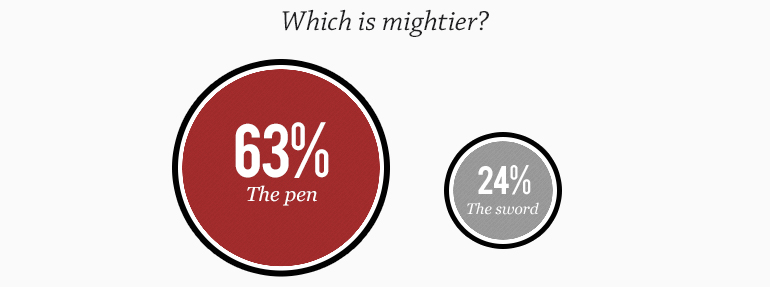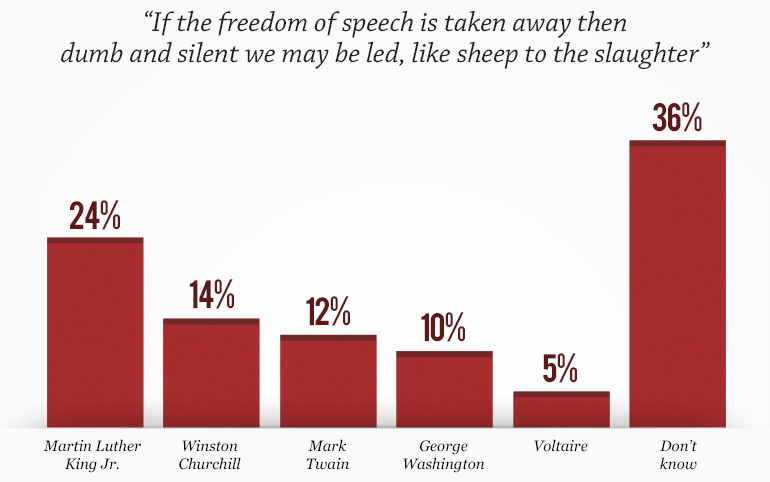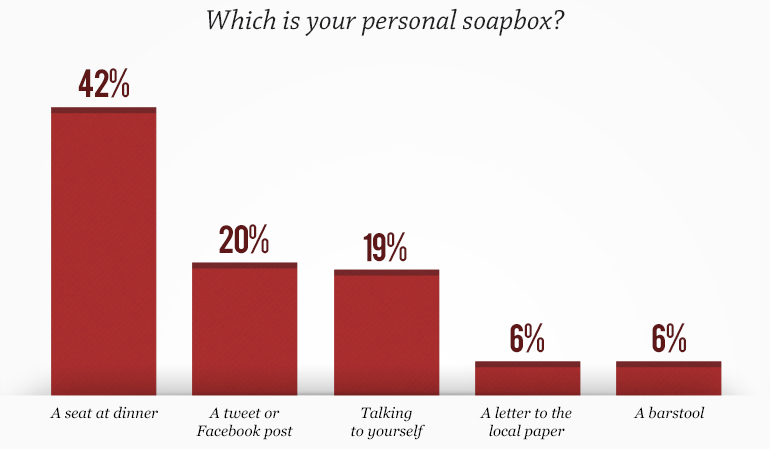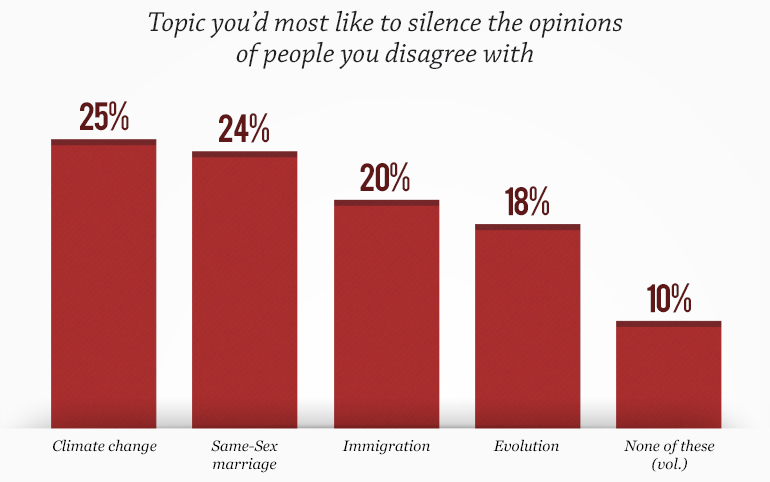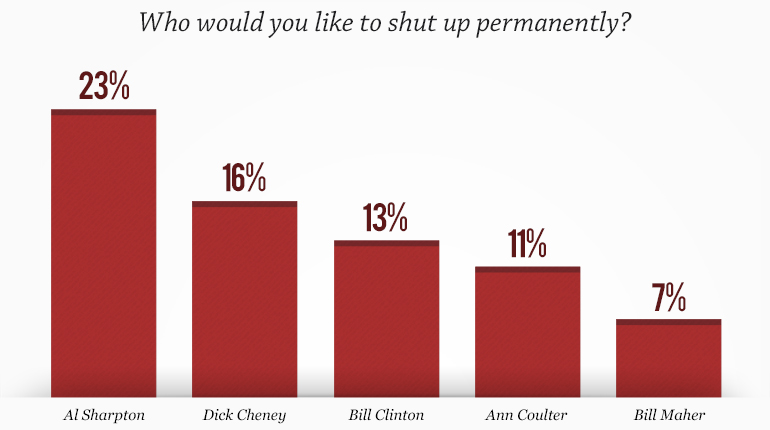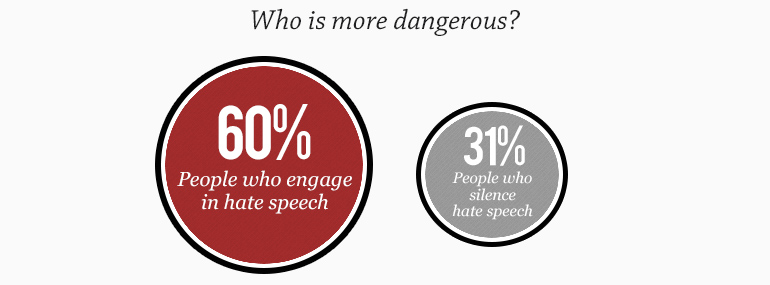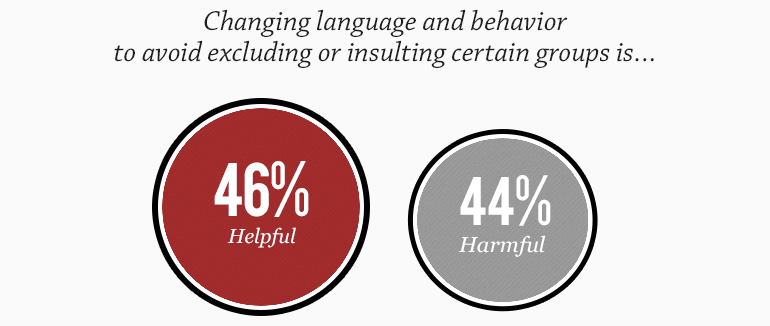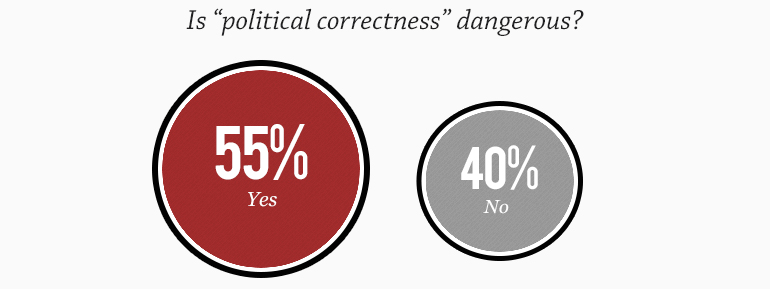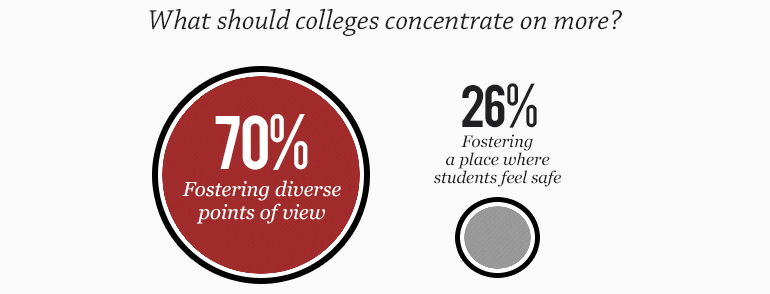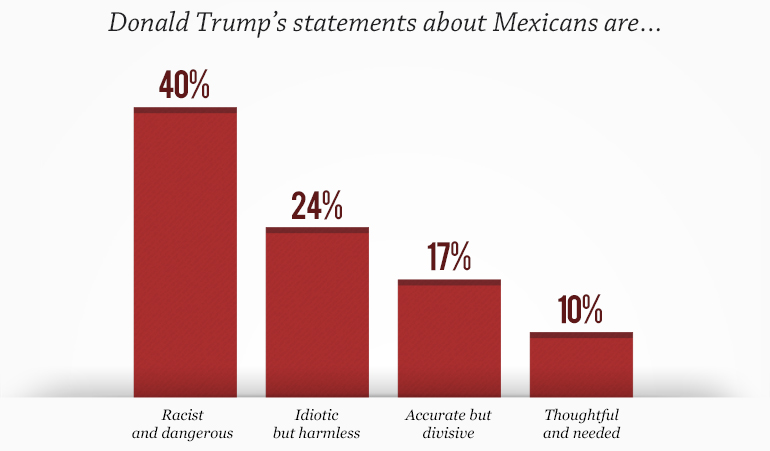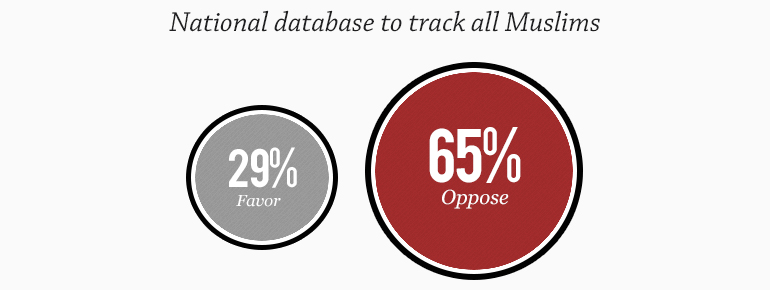60 Minutes/Vanity Fair poll: Freedom of Speech
Welcome to the 60 Minutes/Vanity Fair poll for February 2016. This month's poll is focused on the most foundational right in a democratic society: freedom of speech. In early democracies like Athens more than 2,500 years ago, the freedom of citizens to publicly speak their mind was their right. It was mentioned in an English Bill of Rights written in 1689 and again in the United States and then France, a century later. When older Americans think of Freedom of Speech, they might think of the iconic painting by Norman Rockwell of a man standing to speak at a town hall meeting that captures the essence of why we hold this right so dearly.
Justice Oliver Wendell Holmes wrote that "we should be eternally vigilant against attempts to check the expressions of opinions that we loathe." But even in America there are limits, Holmes also argued that "the most stringent protection of free speech would not protect a man in falsely shouting fire in a theater and causing a panic." The fine points around his staunch but not absolute defense of free speech and where the line between the two should be drawn are what Americans and Congress still debate to this day. In the spirit of celebrating our freedom to express our views and ideas on such questions, we especially look forward to hearing your opinions, and now the results...
A solid majority of Americans (63 percent) think the "pen is mightier than the sword" and 24 percent disagree. Thomas Jefferson wrote "our liberty depends on the freedom of the press, and cannot be limited without being lost." He may not have foreseen today's 24/7 news cycles, but his vision of a robust and vigilant press is alive and well.
Only one in 10 Americans correctly attributed the quote to the father of our country, George Washington. 24 percent guessed Martin Luther King Jr. followed by Churchill 14 percent, Twain 12 percent, Voltaire 5 percent and 36 percent said they did not know. While the quote is somewhat obscure, General Washington's opinion given in 1783 is said to have encouraged the eventual freedoms of speech, expression and the press found in the First Amendment that exemplify our love of liberty.
Forty-two percent of Americans said they are most likely to champion the "soapbox issues" they are passionate about over dinner. One out of five said they either tweet or post on Facebook, 19 percent said they like to talk it out (to themselves), six percent said writing a letter to their local paper does the trick and another six percent fancy themselves "bar stool philosophers." In our increasingly busy and hectic world, it is reassuring to know that many Americans can still find time to discuss their favorite "hot button" issues at the dinner table.
One out of four Americans said they would most like to silence the opinion of those people who disagree with them on climate change followed by same-sex marriage 24 percent, immigration 20 percent, evolution 18 percent and 10 percent said none of the above. Party affiliation and ideology had little to do with which topics people would like to stop hearing about. Democrats, Republicans and Independents all agreed that on some issues, silence is golden.
Twenty-three percent said they would most like to take away Reverend Al Sharpton's pulpit, permanently. Next in order were former Veep Dick Cheney 16 percent, former President Bill Clinton 13 percent, conservative pundit Ann Coulter 11 percent and talk show host Bill Maher 7 percent. Not surprisingly, in this case party affiliation did make a big difference. Al Sharpton was the top vote getter among both Republicans 41 percent and Independents 21 percent and Dick Cheney 26 percent and Ann Coulter 20 percent were first and second with Democrats.
By a 2 to 1 margin, Americans think that people who engage in hate speech against other people are more dangerous than those who try to silence hate speech against others.
Forty-six percent of Americans feel that efforts to change language and policies in order to avoid excluding or insulting certain social groups are helpful because they promote tolerance and show sensitivity to the feelings of others and 44 percent feel they are harmful because they stifle freedom of speech and pander to special interests. 58 percent of both Democrats and African Americans said they were helpful and 55 percent of Republicans thought they were harmful.
A majority of Americans (55 percent) think that "political correctness" is a danger to free speech in the United States and 40 percent disagree. As you might expect, nearly seven in 10 Republicans think it is dangerous, 54 percent of Democrats said it was not and Independents came in right at the national average of 55 percent. Registered voters will have the final word when their political opinions are recorded in the voting booth this November.
Seven out of 10 Americans think that colleges should be more concerned with creating an environment where diverse points of view are heard, even if it means offending some students. One in four thought it was more important to foster a place where students feel safe from being offended but may not hear all points of view. A large majority of Americans know that part of the learning process of being in college, or anywhere in America for that matter, is being exposed to lots of ideas and opinions that they may not like very much. Living in a democracy has always been a messy business.
Four out of 10 Americans think that Donald Trump's recent comments about illegal immigrants from Mexico are flat out racist and dangerous, 24 percent think they are idiotic but harmless, 17 percent said accurate but divisive and 10 percent said they were thoughtful and needed. By a 3 to 1 margin, more Democrats (60 percent) than Republicans (21 percent) said his statements were racist.
Two thirds of Americans would oppose a national database that would track all Muslims living in America and 29 percent would favor it. A majority from all political persuasions agreed.
This poll was conducted by telephone from December 4-8 among a random sample of 1,009 adults nationwide. Data collection was conducted on behalf of CBS News by SSRS of Media, PA. Phone numbers were dialed from samples of both standard land-line and cell phones. The poll employed a random digit dial methodology. For the landline sample, a respondent was randomly selected from all adults in the household.
For the cell sample, interviews were conducted with the person who answered the phone. Interviews were conducted in English and Spanish using live interviewers. The data have been weighted to reflect U.S. Census figures on demographic variables. The error due to sampling for results based on the entire sample could be plus or minus four percentage points. The error for subgroups may be higher and is available by request. The margin of error includes the effects of standard weighting procedures which enlarge sampling error slightly. This poll release conforms to the Standards of Disclosure of the National Council on Public Polls. Read more about this poll
